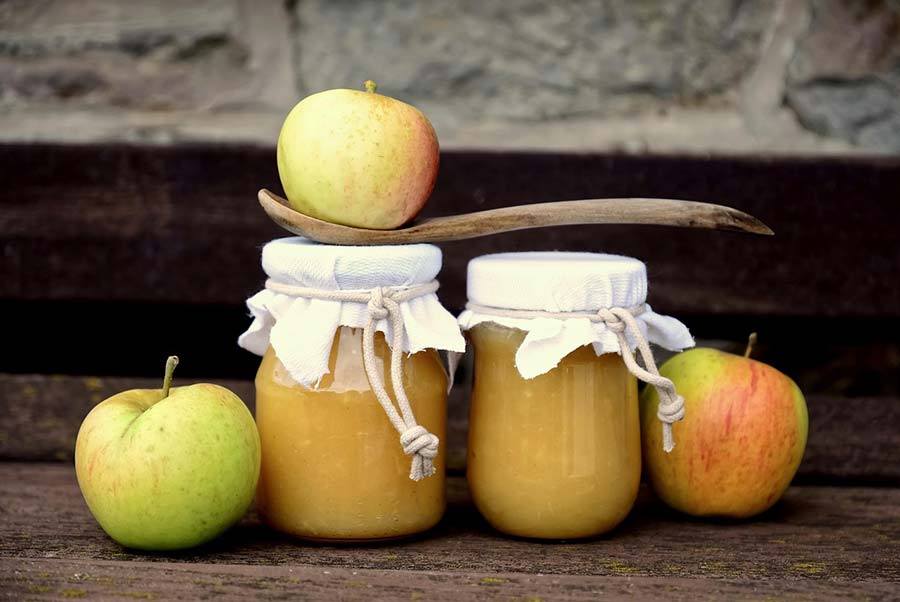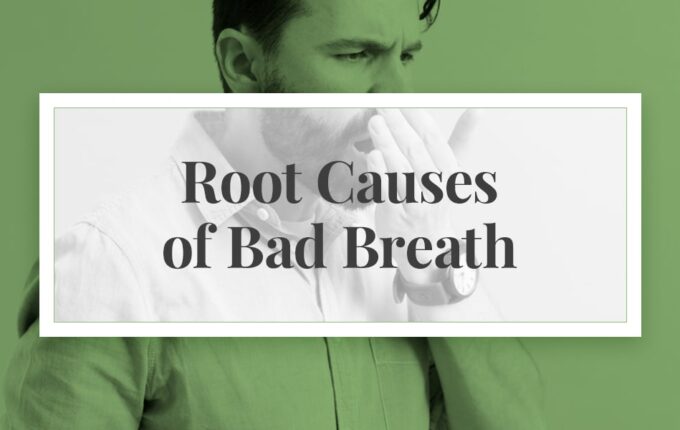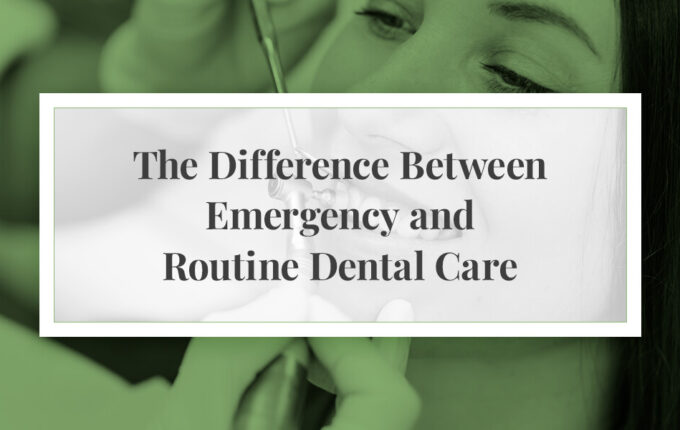Canker Sore-Friendly Foods
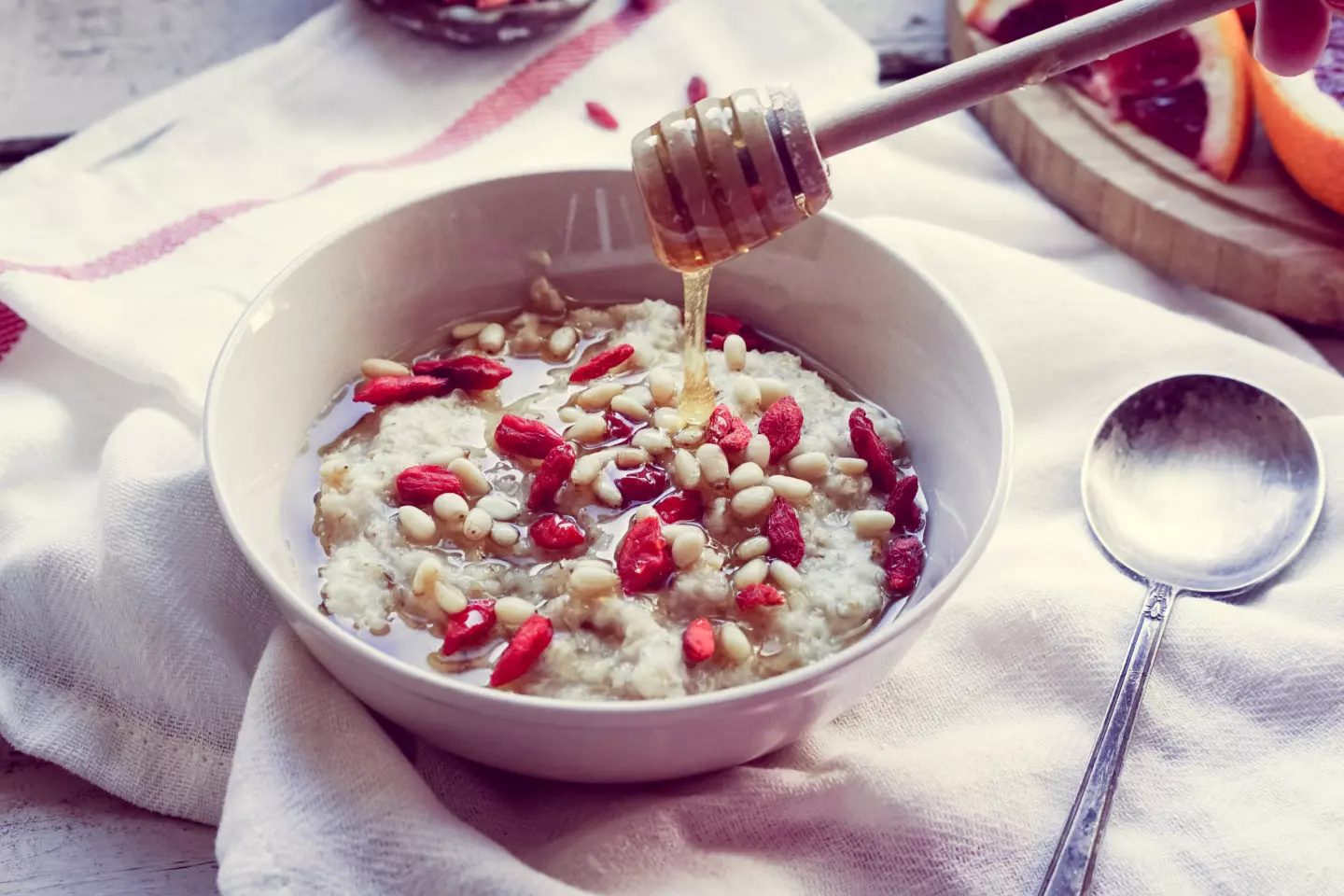
A canker sore, or aphthous stomatitis, is a shallow sore shaped like an ulcer or crater, usually with a white or yellow center and a red border. Canker sores appear on the inside of the cheek, lip, or tongue. They are more common in women and in people who are in their teens and twenties.
The exact cause of canker sores is unknown. They are not contagious or caused by a virus but rather by a T-cell immune response. Most outbreaks last seven to 10 days and will heal on their own. Unfortunately, in some cases, canker sores can become infected, leading to loss of appetite, severe pain, weight loss, and malnutrition.
There is no known cure for canker sores, but it is possible to treat the symptoms. Learning about canker sore-friendly foods can help reduce the frequency and severity of ulcers. You can also work to prevent outbreaks by avoiding triggers. Knowing what foods to eat with canker sores can be especially helpful during flare-ups, as they can reduce the irritation this ailment often causes.
How to Prevent Canker Sores
While you may not always be able to avoid canker sores, knowing their triggers can help you prevent them from recurring. Stress and fatigue can cause canker sores. Menstrual cycles are also a trigger and may be one reason why young women are most susceptible.
Try to avoid anything that irritates your teeth and gums, including biting your lips, brushing your teeth roughly, or using toothpaste with sodium lauryl sulfate.
In some cases, food allergies and sensitivities can trigger reactions that lead to canker sores. You may want to temporarily eliminate a few types of food that are not canker-sore-friendly foods, one at a time, for a few weeks to see if it makes a difference:
- Coffee
- Chocolate
- Spicy foods
- Salty foods
- Acidic citrus fruits, including lemons, oranges, pineapples, apples, figs, tomatoes, and strawberries
These are all examples of foods that cause canker sores and should be avoided during a flare-up. Being mindful of what you consume is a core component of learning how to prevent canker sores before they wreak havoc on your mouth.
In some cases, a diet deficient in iron, Vitamin B12, and folic acid can contribute to an outbreak of canker sores. Eating a healthy diet rich in vegetables, fruits, and other foods that are beneficial for canker sores, packed with protein, will help you maintain good overall oral health.
If you’re dealing with frequent outbreaks or having a difficult time avoiding foods that cause canker sores, consider taking a daily multivitamin. Additionally, a medical professional can administer tests to determine if a nutrient deficiency is contributing to your canker sores.
Schedule Canker Sore Treatment
Foods to Eat With Canker Sores
If you currently have a canker sore, it is essential to avoid irritating it. What to eat with canker sores should include bland foods that are easy to swallow and have no sharp edges. We also recommend taking small bites and cutting your food into pieces.
Ideal canker sore-friendly foods include peanut butter, which helps maintain protein intake, and dairy products such as milk, cheese, and yogurt. Look for mild, soft food, like:
- Warm cereals and oatmeal
- Mashed potatoes made with milk
- Clear soup
- Applesauce
- Cooked vegetables
- Scrambled eggs
- Tofu
The previously mentioned foods to eat with canker sores are soft and nutrient-rich. Plus, they’re gentle on inflamed tissues.
Another canker-sore-friendly food option is cottage cheese. It’s soft and high in protein. Cottage cheese is also low in acidity, making it perfect for easing irritation while providing nourishment.
If you get bored with the same soups, try blending avocado into them. This nutrient-dense fruit is rich in vitamins K, E, C, and B9, making it one of the best canker sore-friendly foods. It also adds a rich creaminess to dishes (and smoothies).
Prefer liquid nutrition instead of worrying about what to eat with canker sores? Mix up a smoothie with non-acidic fruits like pears, bananas, and blueberries for a way to stay hydrated and energized without irritating your mouth. Avoid acidic fruits such as oranges, limes, pineapples, and lemons. While tasty, the acid in these foods can cause and worsen canker sores.
How to Manage Canker Sore Symptoms at Home
Most canker sores will resolve on their own. In the meantime, you can manage any discomfort caused by foods that trigger canker sores with a few home remedies.
Dissolve a teaspoon of salt in a glass of warm water. You can rinse your mouth with this mixture three times a day for some relief.
You can also treat your symptoms with over-the-counter medications. You can place milk of magnesia on the affected area three times daily or take 400 milligrams of ibuprofen twice daily with food. Orajel and Anbesol can also help.
Another tip is to use a soft-bristle toothbrush during flare-ups. This type of toothbrush helps minimize your physical discomfort while brushing your teeth. Consider substituting your usual alcohol-free option.
Schedule an Appointment With 209 NYC Dental
If over-the-counter medications are not working or if your canker sore is severe, visit 209 NYC Dental. We can prescribe medication to alleviate your symptoms, including 1% Kenalog in Orabase and a Peridex rinse, which you can use for 30 seconds twice daily. Our office also features the latest laser technology to help cauterize canker sores and promote rapid healing.
We understand the frustration of having to limit your diet to foods that are canker-sore-friendly. They can be debilitating at their worst. If your discomfort lasts for more than seven days, contact us to schedule a consultation at 212-355-2290.
At 209 NYC Dental, we take your comfort seriously. Whether you’re seeking advice on what foods to eat with canker sores or need advanced treatment options, we’re here to help. Don’t let canker sores disrupt your life. Schedule your visit today.
 Our History
Our History
 Our Providers
Our Providers
 About Us
About Us
 Blog
Blog
 Contact us
Contact us
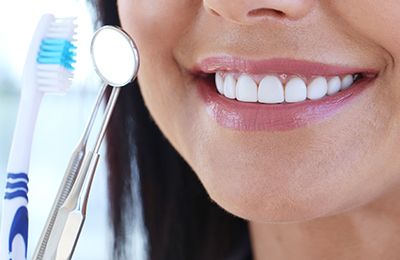 Diagnostic & Preventive
Diagnostic & Preventive
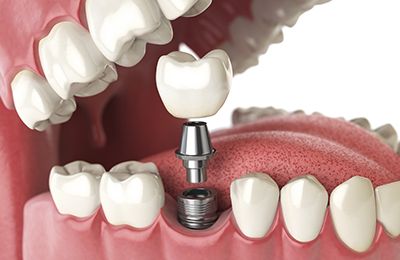 Implant Dentistry
Implant Dentistry
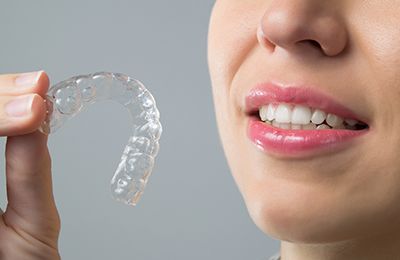 Clear Braces - Invisalign
Clear Braces - Invisalign
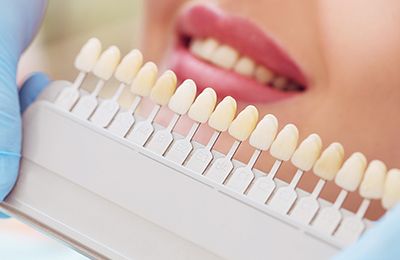 Cosmetic Dentistry
Cosmetic Dentistry
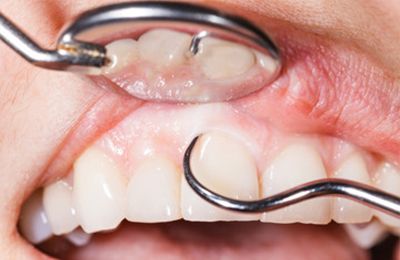 Periodontics
Periodontics
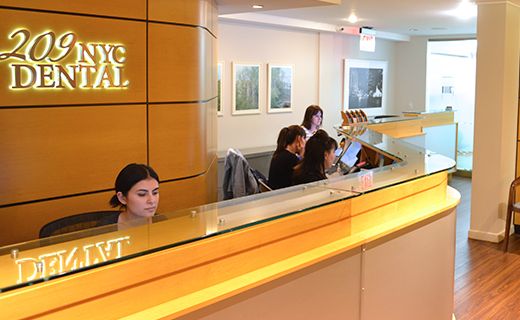 Patient Forms
Patient Forms
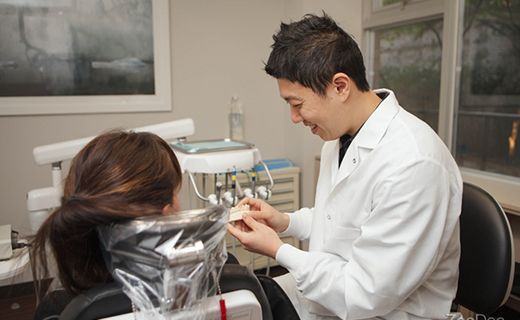 Payment Information
Payment Information
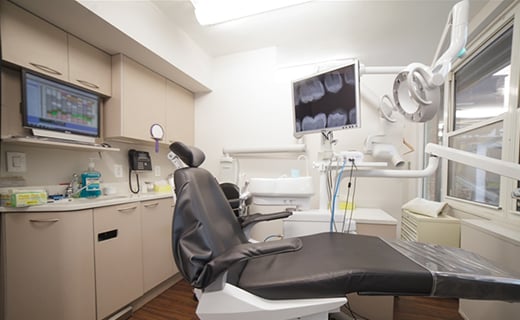 Insurance Options
Insurance Options
 CareCredit Dental
CareCredit Dental
 Appointment Policy
Appointment Policy
 Free Consultation
Free Consultation
 Complimentary Teeth Whitening
Complimentary Teeth Whitening
 Teeth Whitening
Teeth Whitening
